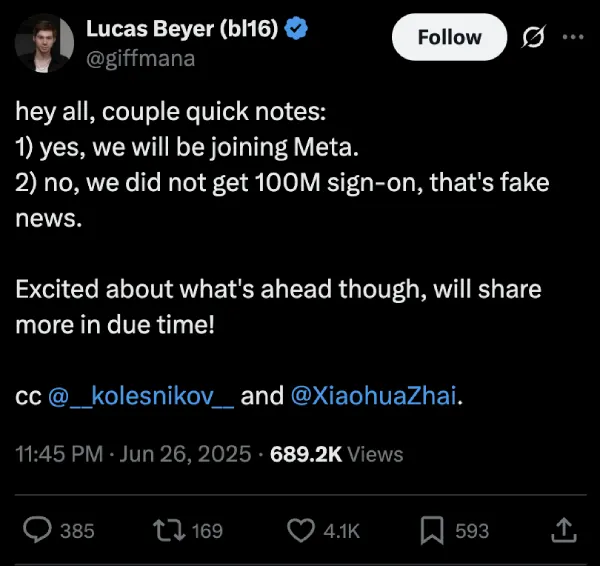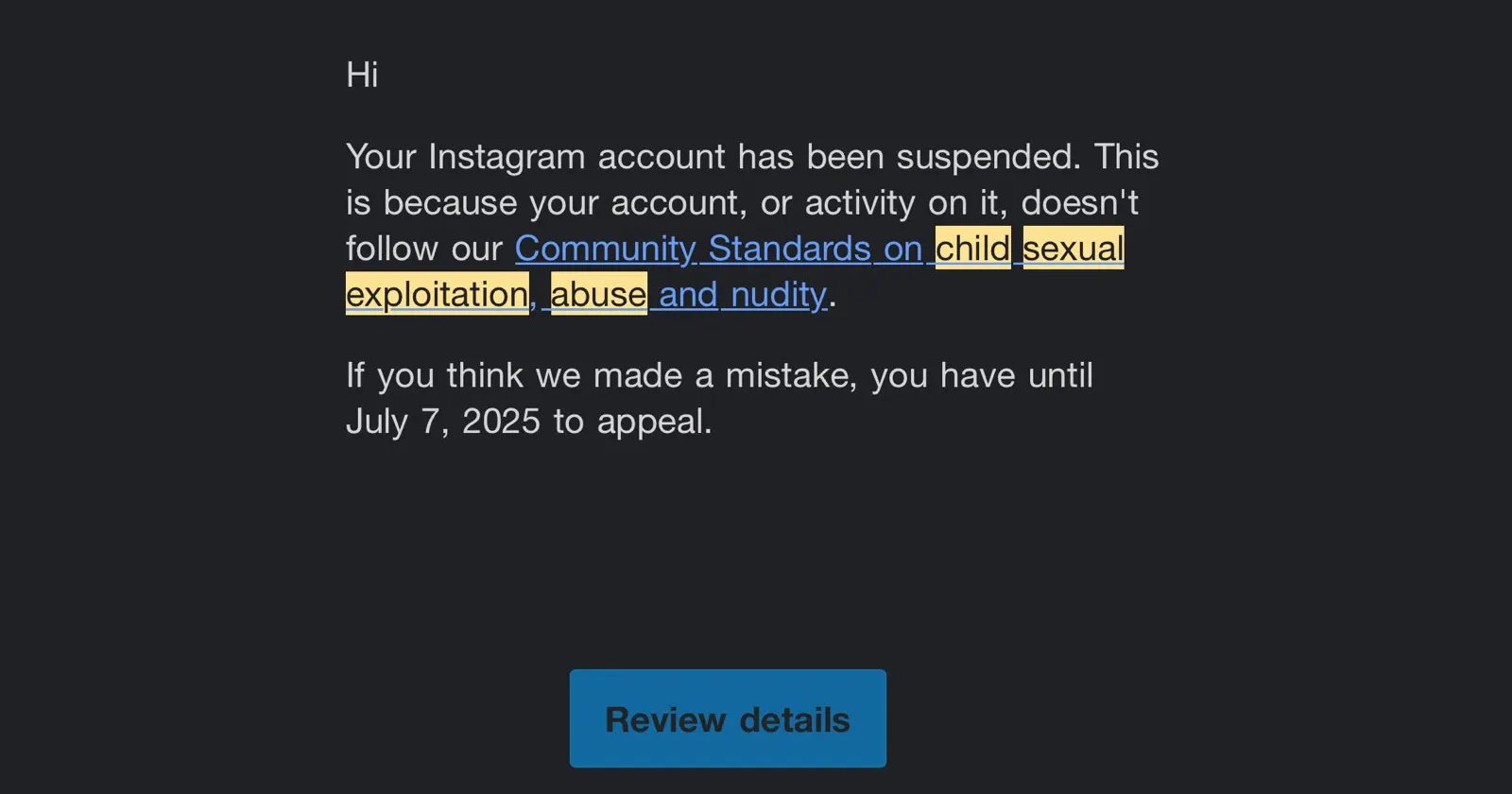Mark Zuckerberg, the head honcho at Meta, seems to be on a full-throttle mission to transform Meta AI into a dominant player, and it looks like he’s ready to pay top dollar to get there. We’re talking about a serious, no-holds-barred push that involves massive spending, aggressive talent poaching, and a clear signal that Meta isn’t messing around in the AI arms race.
It’s no secret that the artificial intelligence space is heating up. Companies are pouring billions into research and development, and the competition for top-tier talent is fiercer than ever. Meta is definitely in the thick of it, throwing around eye-watering sums. Recent reports indicate they’re looking to raise a staggering $29 billion from private capital firms just to build AI data centers in the US. And let’s not forget the $14.3 billion they reportedly invested in Scale AI for a 49% stake.
This move brought Scale AI’s founder, Alexandr Wang, into Meta’s fold to lead their new “Meta Superintelligence Labs,” a group specifically focused on developing AI systems that could rival or even surpass human capabilities. Zuckerberg himself has said that 2025 will be a “defining year for AI” for Meta, with plans to spend as much as $65 billion on AI infrastructure this year alone. That’s a huge jump from previous years and really shows how serious they are about this.
This aggressive spending isn’t just about infrastructure. It’s also about luring away the best minds in the field. Meta has been on a serious hiring spree, and it’s been particularly keen on scooping up researchers from OpenAI, a major competitor. We’ve seen at least eight researchers jump ship from OpenAI to Meta, including names like Shengjia Zhao, Jiahui Yu, Shuchao Bi, Hongyu Ren, Trapit Bansal, Lucas Beyer, Alexander Kolesnikov, and Xiaohua Zhai. These are folks who worked on some pretty advanced AI models, like OpenAI’s o1.
You can imagine how that’s gone down at OpenAI. WIRED reported that their Chief Research Officer, Mark Chen, sent out an internal memo, saying something along the lines of, “I feel a visceral feeling right now, as if someone has broken into our home and stolen something.” That’s a strong reaction, and it tells you just how much of a blow these departures are. There were even rumors flying around about Meta offering insane $100 million signing bonuses. While one of the researchers, Lucas Beyer, quickly took to X to call that “fake news,” it still highlights the sheer scale of the compensation packages being offered to attract this talent. Even if it’s not $100 million, it’s clearly enough to make some of the brightest minds consider a move. OpenAI, for its part, has responded by looking into revising its own compensation structures to keep its people.
The timing of some of these talent grabs has also raised eyebrows. The WIRED report also mentions that OpenAI recently announced a company-wide “recharge” week, giving their staff a much-needed break from their intense 80-hour workweeks. Mark Chen’s memo warned employees that Meta would “take advantage of it to try and pressure you to make decisions fast and in isolation.” It definitely paints a picture of a competitive environment where every advantage is sought out.
And Meta isn’t stopping there. A recent report from Bloomberg indicates that the company is also planning to acquire a voice-cloning startup called Play AI. If the deal goes through, Meta will also retain some staff from Play AI, adding to the pool of highly-skilled employees at the company.
But why this sudden, intense push into AI, especially by a company known primarily for social media and the metaverse? Well, it’s probably a mix of things. For one, AI is seen as the future, and if Meta wants to remain relevant and competitive, it needs to be at the forefront. Zuckerberg has apparently been quite frustrated with some of Meta’s recent product releases, including the reception of its Llama 4 model, which some experts felt didn’t quite live up to the hype. This could be fueling his desire to accelerate AI development.
Another potential factor for this push might be Meta’s ongoing struggles with AI moderation systems. As we at Tech Issues Today have covered extensively, Meta has faced a lot of flak recently for its fault AI moderation. For weeks, there have been widespread reports about wrongful mass Facebook and Instagram account bans. Some accounts on Instagram were even falsely flagged for things like child sexual exploitation, which has been leaving a lot of them worried. There was also a massive ban wave recently where thousands of Facebook groups were suspended for supposedly violating policies related to “dangerous organizations” or “terrorism.” It’s a huge problem that impacts real people and communities. A former Meta employee even mentioned that these AI tools can be “easily manipulated” by scammers.
These moderation messes clearly show that Meta needs more sophisticated and nuanced AI systems. It’s a driving force behind this aggressive talent acquisition. They need AI that can understand context better and make fewer mistakes. Whistleblowers, like Frances Haugen, have pointed out that AI alone can’t solve the complex ethical challenges of content moderation, suggesting a need for a blend of AI and human oversight. Perhaps by bringing in top AI researchers, Meta hopes to develop AI that’s not just powerful, but also more reliable and ethically sound.
That said, Meta isn’t alone with this big AI push. Companies like Google and Anthropic are also making massive investments in AI, and the competition is fierce. Microsoft, for instance, reportedly spent $650 million to hire staff from Inflection AI. Meanwhile, the folks over at Apple are playing a different ball game altogether. Instead of building up its own AI models, the company is reportedly planning to partner with Open AI or Antropic to power Siri. Meaning, whichever one of these companies walks away with the deal might get a huge boost in the AI market. So it’s an arms race, and Meta is certainly making its intentions clear that it aims to win, or at least be a major contender, no matter the cost in terms of financial outlay or competitive friction.
Ultimately, Mark Zuckerberg’s relentless pursuit of AI dominance is a high-stakes gamble. It involves colossal investments, aggressive recruitment tactics that are ruffling feathers, and a desperate need to fix existing AI challenges, particularly in moderation. Whether this “at any cost” approach will truly make Meta AI a force to be reckoned with, or if it will simply escalate the AI arms race further, remains to be seen. What’s clear is that Meta isn’t pulling any punches.
TechIssuesToday primarily focuses on publishing 'breaking' or 'exclusive' tech news. This means, we are usually the first news website on the whole Internet to highlight the topics we cover daily. So far, our stories have been picked up by many mainstream technology publications like The Verge, Macrumors, Forbes, etc. To know more, head here.





